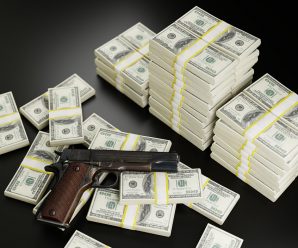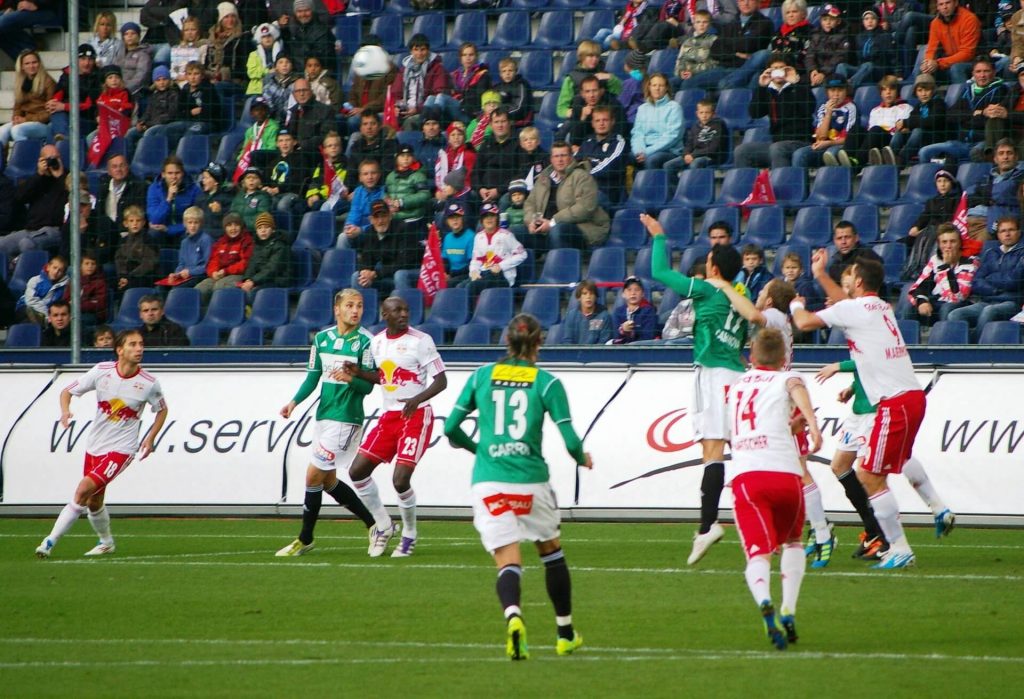The best gangster movies according to true events
“Casino” (Martin Scorsese, USA 1995)
“GoodFellas” or “Casino“? The question as to which of Martin Scorsese’s mafia masterpieces is now one nuance better than the other is to be answered idly. But we did it anyway: Yes, we think “Casino” is even more ingenious than “GoodFellas”. Why? Despite the thematic affinity of both films, “Casino” is not a simple variation of “GoodFellas”, but a perfection of craftsmanship. The mafia drama is staged as brilliantly as few works before and after, only the dizzying first three quarters of an hour, in which Scorsese dissects the mechanisms of the mafia business in the gambling metropolis Las Vegas with the fillet knife, is of such an insane pace that the viewer is left stunned amazed.
Apart from that, the three-hour epic depicting the rise and fall of casino manager Sam Rothstein (Robert De Niro), based on real Frank Rosenthal, is superbly played and looks fantastic thanks to the perfect work of camera ace Robert Richardson – Scorsese’s uncompromising flood of images is a rush from a film!
“GoodFellas – Three Decades in the Mafia” (Martin Scorsese, USA 1990)
“Ever since I can remember, I’ve wanted to be a gangster.” Wise Guy Henry Hill, standing in the center of “GoodFellas”, is no driven underdog like James Cagney, no dignified crime patriarch like Marlon Brando, and also no garishly exaggerated Reagonomic like Al Pacino’s Scarface. Henry Hill is a cowardly, irascible, not particularly clever petty bourgeois who, out of a thirst for prestige, laziness and arrogance, takes a life on the wrong path. Ray Liotta plays the New York mobster, who was imprisoned in 1980 for his criminal machinations, as an informal conformist with a penchant for moaning.
This life, as director Martin Scorsese makes clear, is neither glamorous nor tragic, but simply of brutal and tasteless stupidity. When Henry is condemned on the last meters, by the witness protection program to a life as everyone, looks back wistfully on his wild gangster life, no guilt and no atonement overcomes him, but only grouchy melancholy after the status symbols of once. A life given away. “GoodFellas” discovered the petty bourgeois in the gangster and the gangster in the petty bourgeois. To play in real online casinos we recommend allvideoslots.com. Find here a list of the best online casinos.
“City Of God” (Fernando Meirelles & Kátia Lund, Brazil 2002)
“Nature vs. Nurture” refers to the question of the influence of predisposition and education on a person’s development. And in many ways, the feverish gangster thriller “City Of God” is a test arrangement for precisely this question: the protagonists Buscapé (Alexandre Rodrigues) and Zé Pequeno (Leandro Firmino) grow up in the poor favelas of Rio de Janeiro under comparable circumstances. But although they come from the same neighborhood, one of them becomes a peace-loving photographer and the other a violent gangster boss. So is the drifting apart due to predisposition and not to education?
To answer this question conclusively, however, is not the primary interest of Fernando Meirelles (“The Eternal Gardener”) and Kátia Lund (“All the Children of this World”), nor is it the primary interest of general judgments or moral sermons. Instead, her film, which picks up on a series of events in Rio de Janeiro’s real poor neighbourhoods during the 1960s to 1980s, presents itself primarily as a snapshot, as a documentary description of life in the slums and the backgrounds of misery. “City Of God” is as fascinating as it is frightening – and yet full of life. It is impossible to escape the pull of these images!
















